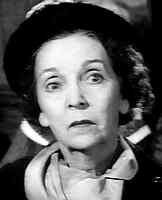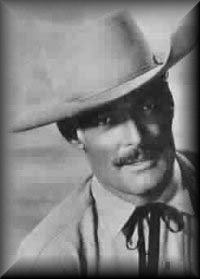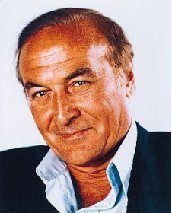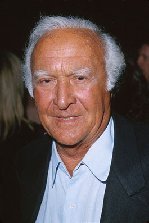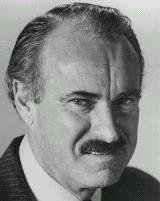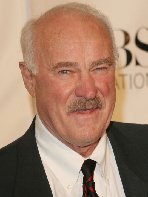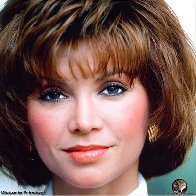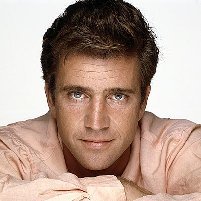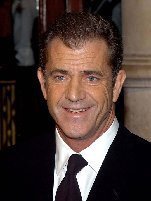
The Rose Parade, also known as the Tournament of Roses Parade (or simply the Tournament of Roses), is an annual parade held mostly along Colorado Boulevard in Pasadena, California, United States, on New Year's Day (or on Monday, January 2 if New Year's Day falls on a Sunday).
Produced by the non-profit Pasadena Tournament of Roses Association, the parade usually starts at 8:00 a.m. Pacific Time (UTC–8), and includes flower-covered floats, marching bands, and equestrian units. The parade is followed in the afternoon by the Rose Bowl, one of the major bowl games in college football. It has been uninterrupted except during World War II in 1942, 1943, and 1945, and in 2021 due to the COVID-19 pandemic.
First held on January 1, 1890, the Rose Parade is watched by hundreds of thousands of spectators. The Rose Bowl college football game was added in 1902 to help fund the cost of staging the parade. Since 2011, Honda has been a presenting sponsor of the Rose Parade. Accordingly, the company has the parade's first float, which like all floats, follows the parade's theme.
Members of Pasadena's Valley Hunt Club first staged the parade in 1890. Since then the parade has been held in Pasadena every New Year's Day, except when January 1 falls on a Sunday. In that case, it is held on the subsequent Monday, January 2. This exception was instituted in 1893, as organizers did not wish to disturb horses hitched outside Sunday church services.
Many of the members of the Valley Hunt Club were former residents of the American East and Midwest. They wished to showcase their new California home's mild winter weather. At a club meeting, Professor Charles F. Holder announced, "In New York, people are buried in the snow. Here our flowers are blooming and our oranges are about to bear. Let's hold a festival to tell the world about our paradise."
So the club organized horse-drawn carriages covered in flowers, followed by foot races, polo matches, and a game of tug-of-war on the town lot that attracted a crowd of 2,000 to the event. Upon seeing the scores of flowers on display, the professor decided to suggest the name "Tournament of Roses."
Over the next few founding years, the parade added marching bands and motorized floats. By 1895, the event was too large for the Valley Hunt Club to handle, resulting in the formation of an ad hoc non-profit organization - the Pasadena Tournament of Roses Association. By the 11th annual tournament (1900), the town lot on which the activities were held was renamed Tournament Park, a large open area directly adjacent to Pasadena's world-famous institution of higher learning, Caltech. Activities soon included ostrich races, bronco busting demonstrations, and an odd novelty race between a camel and an elephant. (The elephant won the race.) Soon reviewing stands were built along the parade route and newspapers in Eastern Seaboard cities started to take notice of the event.
The stately Italian Renaissance-style mansion of William Wrigley Jr. (the maker of Wrigley's chewing gum) was offered to the city of Pasadena after Mrs. Wrigley's death in 1958, under the condition that their home would be the Rose Parade's permanent headquarters. Tournament House is the name given to the former home where the organization is headquartered.
The first associated football game was played on January 1, 1902. Originally titled the "Tournament East-West football game," it is considered to be the first Rose Bowl. The next game was not played until New Year's Day 1916; they have been played annually since then. The game derives its modern name from Rose Bowl Stadium, which was built for the 1923 game.
In 2002 and 2006 (when the Rose Bowl Game was the BCS National Championship Game), the "Granddaddy of 'em all" was not held the same day as the parade; the 2002 game was played on January 3, the 2006 game was played on January 4. Not all fans were pleased with the change; some thought the atmosphere and tradition of the Rose Bowl was lost. Once the BCS title game was separated from the host bowl, it no longer affected the date of the Rose Bowl Game (even when the title game returned to Pasadena in 2010 and 2014).
On July 15, 2020, it was announced that the Rose Parade for 2021 would be canceled due to the COVID-19 pandemic; it was assessed under current conditions that the construction of floats for the parade could not be performed in a safe manner, while the event itself (due to large crowds and outside visitors) was also considered to be at a high risk of causing more instances of COVID-19 infections. The parade was deferred to 2022. However, the parade number was still changed; what would have been called the 132nd parade officially became the 133rd parade.
On November 13, 2020, it was announced that a TV special titled The Rose Parade's New Year's Celebration would take the parade's place and premiere on January 1, 2021.
If you want to read a lot more, go here: https://en.wikipedia.org/wiki/Rose_Parade
- 4 boneless, skinless chicken breast, pounded to 1/2-inch thickness
- 1/2 teaspoon salt
- 1/2 teaspoon black pepper
- 3 ounces cream cheese, softened
- 1/4 cup prepared pesto sauce
- 1/2 cup chopped roasted red peppers, drained
- 3/4 cup crushed cornflakes cereal
- 3 tablespoons grated Parmesan cheese
- 1/2 teaspoon paprika
- Preheat oven to 400º. Coat a 9- x 13-inch baking dish with cooking spray.
- Sprinkle chicken evenly with salt and pepper.
- In a medium bowl, combine cream cheese, pesto, and red peppers; mix well. Spread cheese mixture over chicken, roll up jellyroll-style, and secure with wooden toothpicks.
- In a shallow dish, combine cereal, Parmesan cheese, and paprika. Place chicken rolls in cereal mixture, coating completely.
- Place chicken in prepared baking dish and bake for 25 to 30 minutes, or until no pink remains and juices run clear. Remove toothpicks, and serve.
1932 – Dabney Coleman, American actor
1950 – Victoria Principal, American actress






